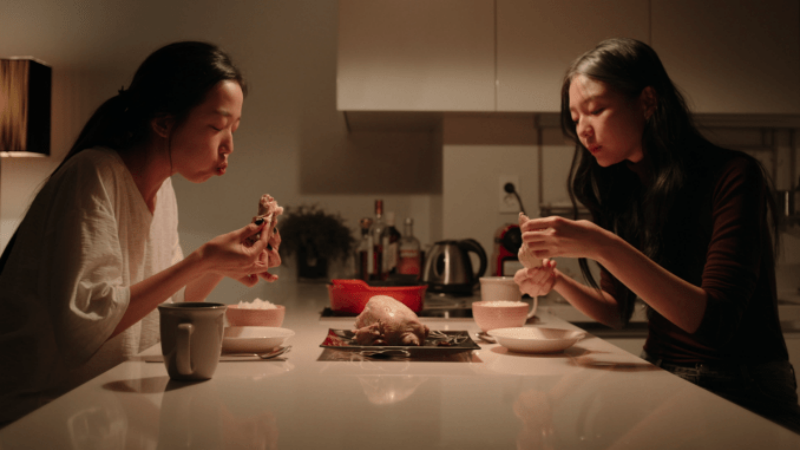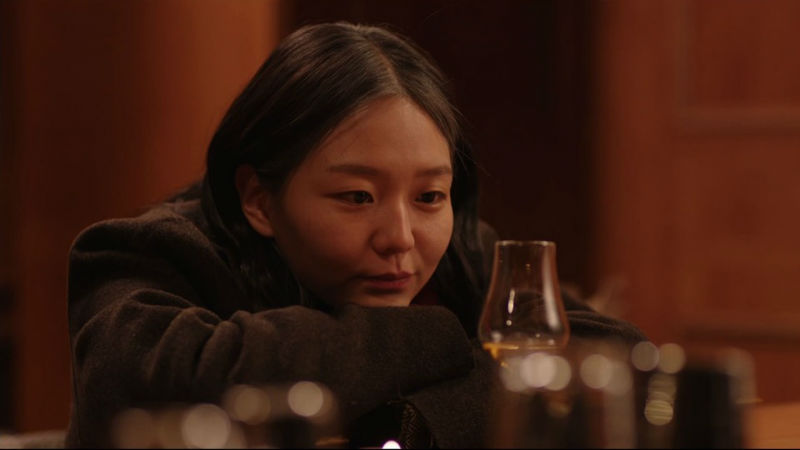QUICK SNAP: LIVE FROM TALLINN
A voice on an entryphone in darkness. Deborah (Cecilia Roth) has turned up to see Debora (Maricel Álvarez). Debora is not in a good way (she could be in a wheelchair, although it’s impossible to tell with the lighting of what looks like a power cut). She starts complaining about a home help who opened windows onto the balcony through which her cats got out. Her cats have the names or various film directors – Luc, Ozu, Buñuel, Kurosawa and Kitano, among others – what kind of person would name cats with surnames?
Debora gets Deborah to put the light on, revealing that Debora has a cannula between her legs (the sight of which we’re fortunately spared). As the dialogue continues (and there’s a lot of it) it emerges that both are actresses who worked together in the past before they fell out. Spending time in Debora’s apartment, and in her company, it’s not hard to see why: she apparently never has a good word to say about anyone, and listening to her moan about one person after another is likely to try the patience of an audience.
This makes it near impossible for an actress to elicit any sympathy for the character – not the performer’s fault, just an impossible task. There needs to be some redeemable aspect, however small, for the audience to cling to, but writer/director Vera Fogwill gives us nothing of this sort here.
When, at various points, Deborah utters mantras like, “I knew I shouldn’t have come”, the audience feels much the same.
The other thing about Debora is her apartment, crammed with books, home videos of various formats, rubbish, half-eaten food, spilled cat little, basically an horrific, unhygienic health hazard of an environment that no-one would want to go near. We should be thankful that everyday technology has not extended to Smell-O-Vision or Odorama – this film would smell truly vile, not least because of cats marking their territory with urine.
There’s a further problem here. One character meets with another in their apartment. They stay there for the duration of the script. That’s not necessarily a movie. It’s almost certainly a stage play unless you take some specific course of action to somehow make it work for a cinema audience. Some critics might like filmed plays that make no attempt to be cinema: not this critic, sorry.
Conversations On Hatred plays in the Tallinn Black Nights Film Festival. Watch the film trailer below:










